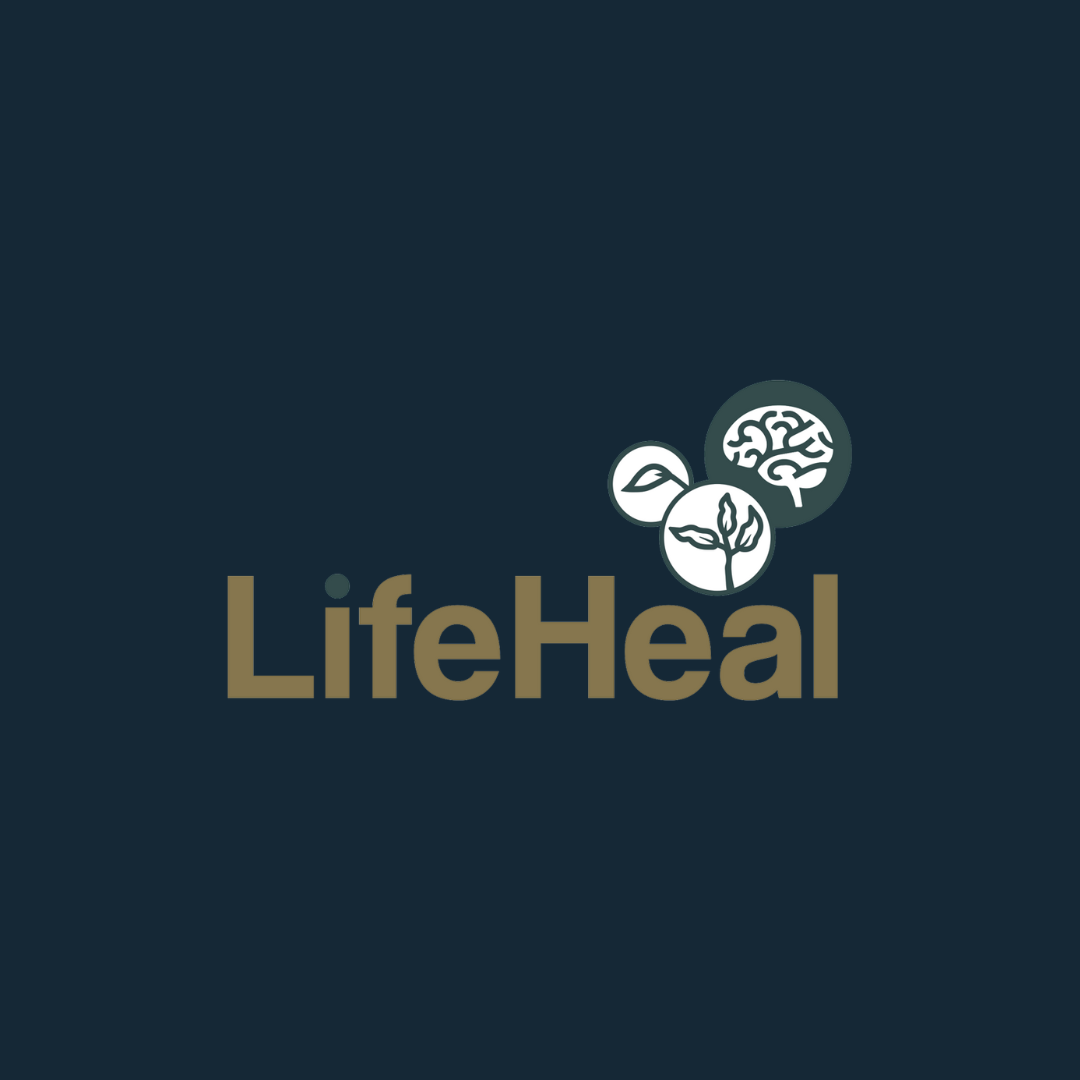“
Growing up in a narcissistic family can leave deep, invisible scars. Often, those who’ve lived through it don’t even realise how much their emotional world has been shaped by this kind of environment until years later, when life feels inexplicably hard, relationships feel one-sided, or self-worth feels constantly out of reach.
At LifeHeal, we believe healing starts with understanding. So let’s gently open the door on this topic.
What Is a Narcissistic Family System?
In a narcissistic family, the emotional needs of the parents (or one dominant parent) take centre stage. The child, instead of being nurtured and seen, is often used to meet the parent’s needs, whether that’s to boost their ego, gain control, or avoid their own emotional pain. Love may feel conditional, based on performance, compliance, or silence.
What It Feels Like
Children in narcissistic families often grow up with a chronic sense of loneliness. You may have felt like you were never truly known or understood. There can be an overwhelming hunger for approval, and a fear of failure so heavy it steals your joy.
These homes don’t always look dysfunctional from the outside, and that makes it really difficult to trust your feelings, however they’re often marked by emotional neglect, manipulation, comparison, and control.
Some of the lasting effects can include:
A constant need for external validation
Perfectionism and fear of making mistakes
Difficulty trusting your own feelings or decisions
Emotional dysregulation, especially around conflict or rejection
A lingering sense of emptiness or unworthiness
You might feel like you’re never “enough”—or that you have to be everything to everyone, just to be safe and accepted.
The Roles Children Learn to Survive
To stay emotionally safe, children in narcissistic families often unconsciously take on survival roles:
The Golden Child – idealised, expected to be perfect and make the parent look good. Their worth is based on achievement.
The Scapegoat – blamed for everything, often the truth-teller or emotionally honest child. They carry the family’s unacknowledged shame.
The Lost Child – quiet, withdrawn, tries not to be a burden. They disappear emotionally to avoid conflict.
The Caretaker/Parentified Child – takes responsibility for the emotional wellbeing of others, sometimes even the parent. They grow up too fast.
You may have or still be performing more than one of the roles.
Healing the Wound
Healing starts by validating your experience. You’re not “too sensitive.” You were trying to survive an environment that didn’t meet your emotional needs.
I recently completed a specialist training with Dr. Daniel Fox, a leading psychologist in narcissistic family dynamics. His trauma-informed framework is powerful, and it’s one I integrate into the LifeHeal approach—blending psychology, coaching, and spiritual growth.
What Helps?
Therapeutic support from someone who understands narcissistic trauma
Inner child work and reparenting practices
Mindfulness and self-compassion
Naming the truth and learning to set boundaries
Finding your authentic voice and learning to trust it again
At LifeHeal, we believe in empowering our community to break generational cycles and come back to the core of who they are. You are enough. You always were.

